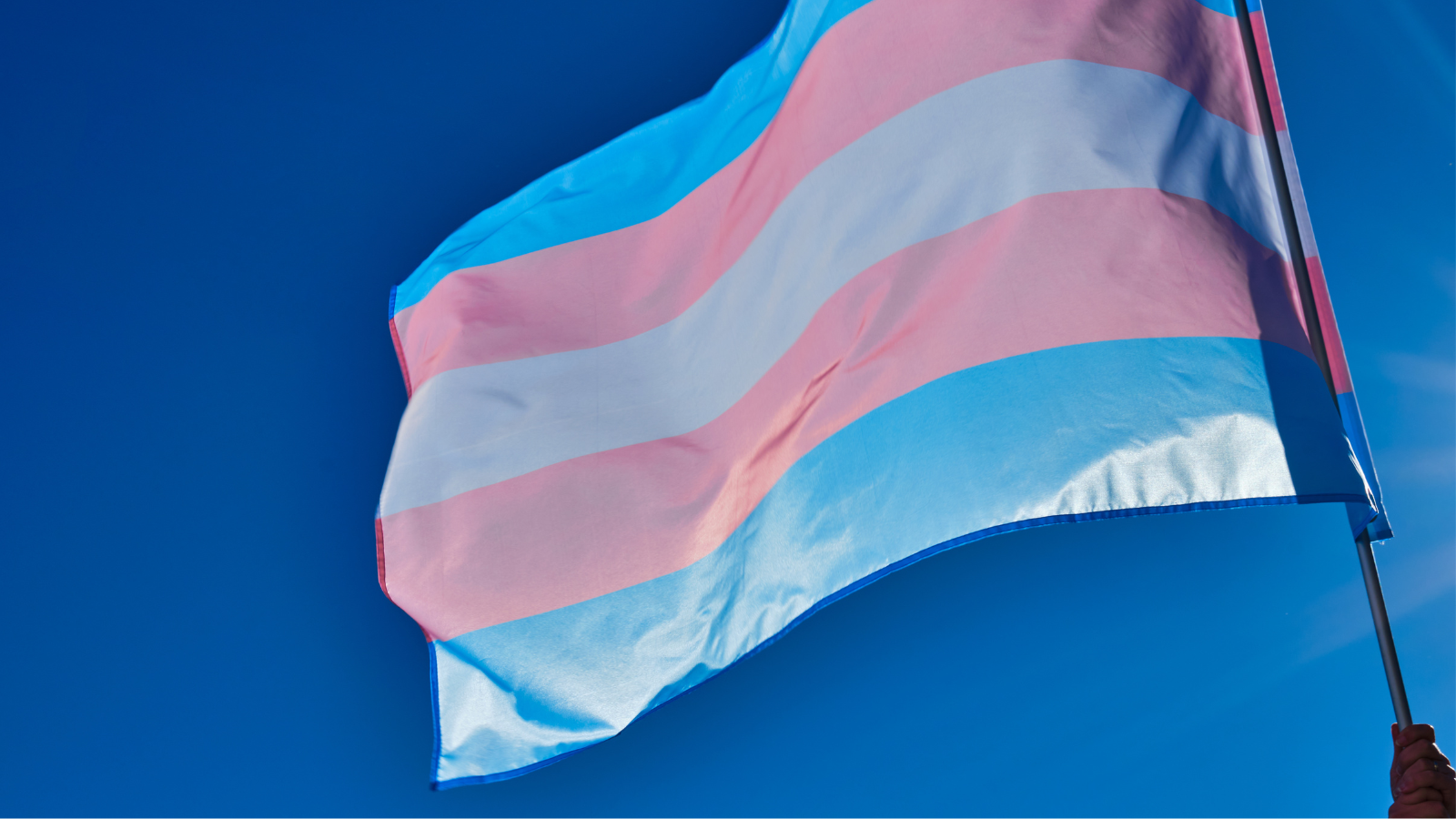
Dr. Sean Murphy, professor of population health sciences and Dr. Cathy Reback, senior research scientist at the Friends Research Institute have received an R01 grant to conduct a comparative- and cost-effectiveness study that builds on promising findings from two Health Resources and Services Administration-funded demonstration projects to improve HIV care among trans women. Those interventions, titled “Text Me, Girl!” and “The Alexis Project,” were led by Dr. Reback.
Dr. Murphy and Dr. Reback will work with Dr. Ali Jalali, assistant professor of population health sciences, Dr. Raphael Landovitz and Dr. Michael Li from the University of California Los Angeles (UCLA), and Dr. Thomas Blue from the Friends Research Institute.
“The Alexis Project,” was named after Alexis Rivera, a trans woman who died in 2012 at the age of 34 from complications related to HIV. The intervention was designed for trans women living with HIV who were not in HIV care, had not had an HIV medical care visit in more than six months, or were not adherent to HIV treatment or virally suppressed. The project aimed to identify, recruit, test, link, treat, and retain trans women of color in HIV care.

Dr. Sean Murphy
“Text Me, Girl!” was a text-messaging intervention designed to improve engagement, retention, and health outcomes along the HIV care continuum, with the desired result of virological suppression among HIV-positive young trans women, age 18-30. The HIV care continuum is a public health model that outlines the stages that people with HIV experience, from diagnosis to maintaining viral suppression, typically achieved with antiretroviral therapy (ART). The target population for this intervention was not linked to care, retained in care, or prescribed ART. They may have also been non-adherent to ART or had not reached virological suppression.
“This is a high-risk and underrepresented population that is often stigmatized in traditional healthcare settings,” said Dr. Murphy. “Trans women tend to face a lot of barriers to accessing care and consistently receiving care, relative to cisgender men and women.”
Dr. Murphy’s R01, titled “Text Me, Alexis!,” is a three-arm comparative- and cost-effectiveness clinical trial that will analyze the two established interventions alone and in combination, focusing on their clinical outcomes and economic impact. The first aim, centered on clinical outcomes, will primarily track whether the programs effectively met their goals of virologic suppression for trans women receiving treatment. Researchers will also evaluate how substance use has influenced the effectiveness of treatment. The study’s second aim is to identify the resources needed to prepare for, implement, and sustain each intervention, and estimate the associated costs. The third aim is to assess the cost-effectiveness of the interventions from the healthcare sector, state policymaker, and societal perspectives.
In addressing these perspectives, Dr. Murphy and his team will assess the relative net costs of the interventions to each group of decision-makers, after accounting for potential downstream cost offsets. These offsets include reductions in high-cost healthcare services and social safety net expenditures, increased productivity in the labor force, and more—all of which may be altered by the effectiveness of the interventions. Net cost will be further evaluated alongside changes in the participants’ quality-of-life and location on the HIV care continuum. Researchers can then determine which intervention would allow decision makers to maximize well-being among trans women, given the resources available.
Efforts from the Department of Health and Human Services to refocus HIV research in 2018 and the launch of the National Institutes of Health Helping to End Addiction Long-term (HEAL) Initiative have been especially influential in encouraging economic research targeted at ending the HIV epidemic.
“Projects funded focus on prevention and treatment, with the end goal of eliminating infections by 2030 and reducing HIV transmission by 75% in 2025,” explained Philip Jeng, research project manager with the Murphy Lab in the Department of Population Health Sciences. “There’s more focus on economic evaluations now, to ensure that interventions are effective and economically viable for parties with the interest or responsibility to care for people who need the intervention.”
Dr. Murphy extends gratitude to Dr. Steven Shoptaw from UCLA for his guidance in developing the study. Once the study is complete, Dr. Murphy intends to meet and engage with policy makers to ensure that information on these interventions is effectively disseminated.
“Many trans women face substantial barriers to care, including stigma and substance use, and their health fails because of it,” said Dr. Murphy. “If we do our job, hopefully, we can show how failure to provide sufficient resources for vulnerable populations negatively affects their health and incurs societal costs as well.”
- Highlights

